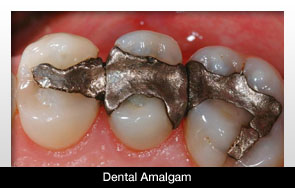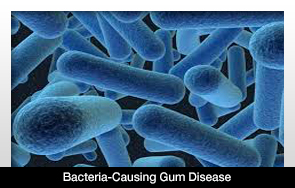 |
Mercury use throughout the world could begin to decrease and eventually be phased out.
The United Nations recently discussed the issue but no date was set to fully phase out dental amalgam.
“This is the beginning of the end of dental amalgam globally,” said Michael T. Bender, director of the Mercury Policy Project, a US-based NGO, who is attending the mercury treaty talks. “We applaud the leadership role the US played in jump-starting support for a phase down in 2011 along with the concrete steps of the Nordic countries, Switzerland and Japan in phasing out amalgam.”
There are numerous ways that countries can phase down amalgam use, according to the treaty. Countries can create a national objective to do so, promote mercury-free dental treatment and discourage insurance policies from covering dental amalgam treatments compared to mercury-free options.
It also would be beneficial if dental schools would train students to utilize mercury-free ways to provide dental care.
Several countries throughout the world have already thought about ways to reduce mercury usage based on how destructive it can be. In 2012, the European Commission recommended that it would be best for mercury to be completely eliminated in five years.
The EC BIOS report stated that mercury-free fillings seem more expensive based on the negative external costs. Amalgam, however, adversely impacts the environment after it eventually releases.
The usage of mercury in tooth fillings represents about 10 percent of global mercury consumption, according to the United Nations Environment Program.









